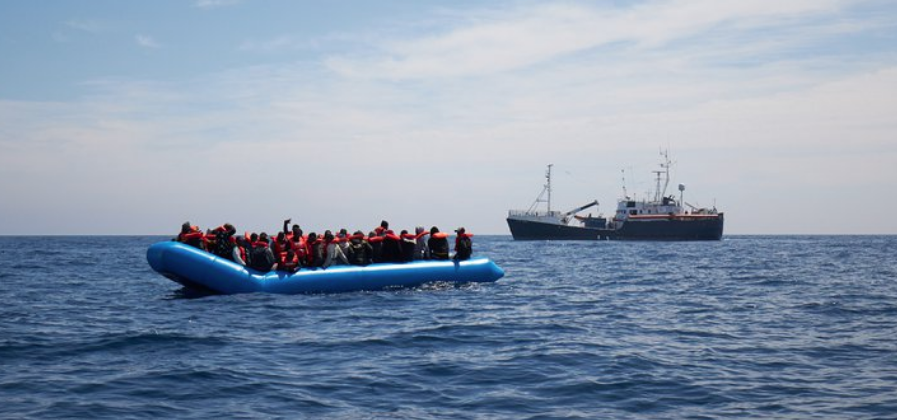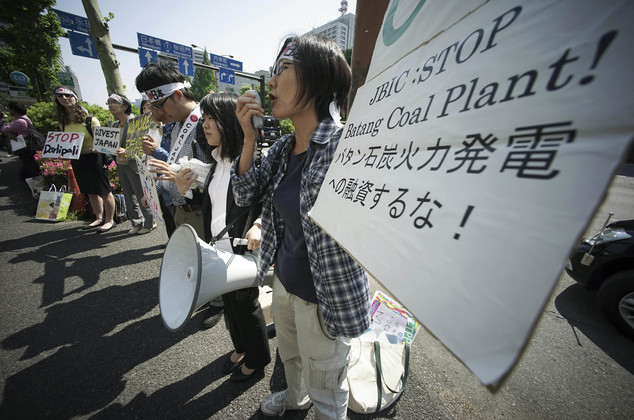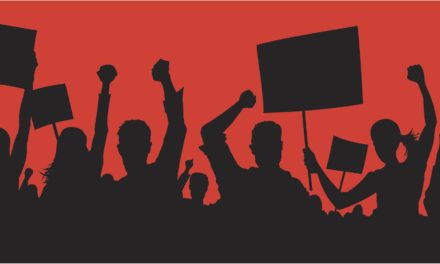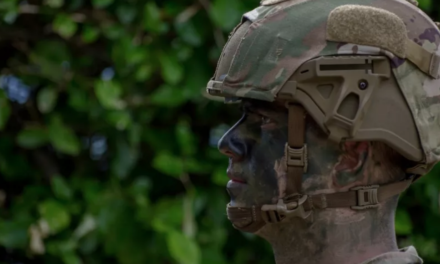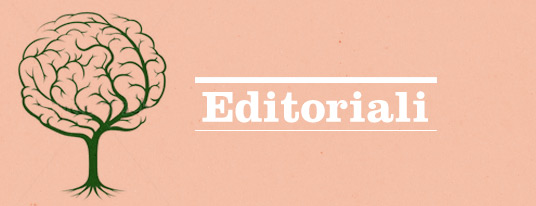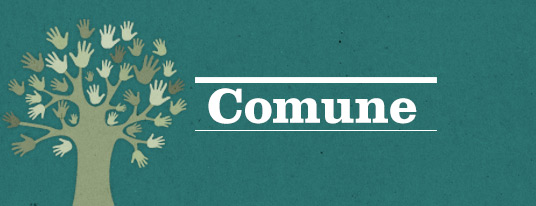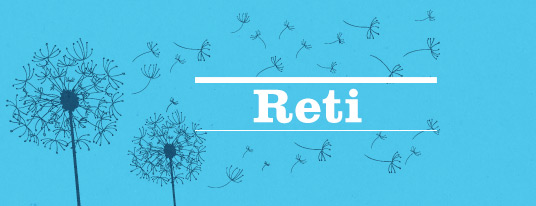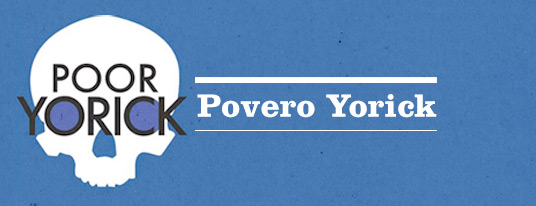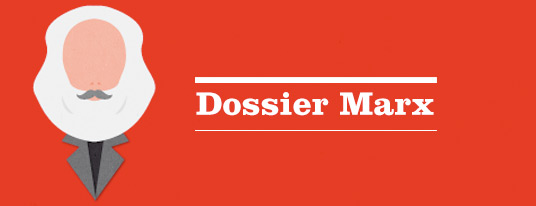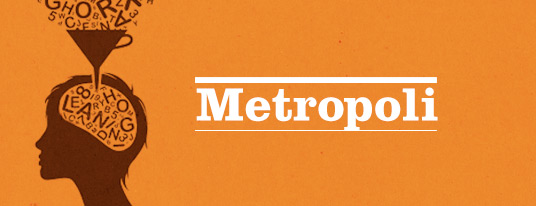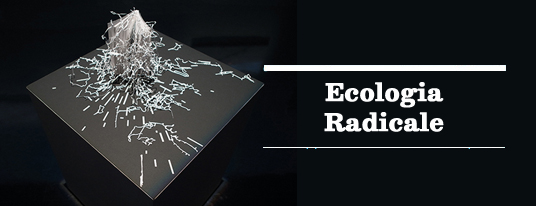By MAURICE STIERL and SANDRO MEZZADRA.
In the central Mediterranean it is doubtful whether the lines have ever been drawn with greater clarity: the lines between force and freedom that mark out the battlefield of migration. On the one side there are the migrant travellers, those who stubbornly move and move on in conditions of extreme hardship and violence, and there are those in solidarity with them: activists who listen to their pleas from the sea as calls toward a collective struggle, as well as humanitarians, including ‘accidental’ ones such as north African fishermen, who go out to sea to conduct vital rescue operations.
On the other side there are the governments and institutions of ‘EUrope’ as well as their north African allies who continue to build up a veritable ‘refoulement industry’ at sea, a machinery based on the violation of rights and dignity, the breach of the law of the sea, international law, human rights law, and refugee conventions.
Normally, lines of political conflict are complex, blurred, not really line-like. When we look toward the situation in the central Mediterranean Sea, however, we see an erasure of complexity. Where once European military-humanitarian operations such as Mare Nostrum, and later, though certainly to a lesser degree, Triton or Eunavfor Med had blurred the dimensions of migrant rescue and migrant deterrence, migrant protection and border protection, there is an unprecedented duality in the enactment of force and freedom. Where we once spoke about a ‘humanitarianisation’ of the border, we now see viscerally the materiality and depth of inhumanity and a purity of violence that Europe is no longer able, or willing, to hide.
Off the Libyan coast
What plays out off the coast of Libya are forms of mass abduction that are not merely tolerated but strategically organised and orchestrated by European governments and its coastguards. When boats depart from Libya, the precarious passengers on board know that it is a race against time. They have to rapidly put a considerable distance between them and the war-torn country in order to stand any chance of escaping the so-called Libyan coastguards who – financed, trained, and equipped by Europe, and most notably by the Italian government – are likely to chase after them in high-speed vessels, keen to uphold the conditions of their lucrative deal.
The Libyan authorities are participants in the ‘smuggling business’ in Libya and beneficiaries of migrant capture at sea, a circuit of exploitation that involves practices of detaining, smuggling and trafficking, abducting at sea, and, again, detaining. Besides oil, it is the exploitation of migrants, many of whom have tried the sea crossing several times, that constitutes a main source of economic rent and profit in Libya, some of which also fuels the war economies of rivalling military factions.
Besides the escaping migrants themselves, currently, there are merely activists and humanitarians struggling against this machinery of capture and abuse. Sometimes, they come on time. When the rescue vessel Mare Jonio of the NGO Mediterranea sighted a migrant boat in mid-March, they raced to get to the scene before the Libyan forces could who were shooting north on a speed boat. 49 individuals were rescued and brought to Lampedusa, where they chanted ‘liberté, liberté!’ upon arrival. The Italian customs police placed Mare Jonio under ‘investigative seizure’ and the captain and head of mission under indictment, while the activists declared: “We rescued these migrants twice – from shipwreck and from the risk of being captured and taken back to suffer again the tortures and horrors from which they were fleeing.” Less than a month later, the NGO Sea-Eye’s rescue vessel Alan Kurdi rushed to the scene of another group in need who had shortly before reached out to the activists of the Alarm Phone, a transnational network running a hotline for people in distress at sea. These 64 lives were also rescued, though at the time of writing, they have to endure yet another stand-off at sea, with the Alan Kurdi disallowed from landing in European harbours.
At other times, activists and humanitarians come too late or are entirely absent, not least due to the vicious criminalisation campaigns of European governments. In mid-January, several migrant boats had made it relatively far but through Italian pressure exerted onto the Libyan allies from the highest political ranks, including the prime minister, those fleeing were captured and violently returned to gruesome detention centres, where the survivors reached out to activists and journalists but whose cries for freedom were silenced. Similarly, on April 10, a boat from Libya contacted Alarm Phone activists to amplify their calls for rescue. Their voice message sent from the boat was listened to thousands of times: “We are dying, in the war, in the ocean, in Tunisia or in Libya”.
Eventually, they were intercepted and returned to Libya where over the past few days, the military conflict between the two major factions of the country has further escalated, with dozens of casualties already reported. Alarm Phone activists decried: “MRCC Rome has now confirmed to us that the so-called Libyan Coastguard intercepted the boat. The 20ppl are being returned to an active war zone by a militia funded by the EU. Everyone was watching while this inhumane & illegal refoulement was carried out. Shame on you!”
What plays out in the Mediterranean Sea every day before our eyes is, indeed, a shameful and cynical spectacle, a systematic denial of rights, dignity and freedom. The gloves have come off and the illusion of the much-proclaimed ‘European values’ is vividly exposed. The lines between force and freedom on the Mediterranean battlefield are drawn with greater clarity than ever, and the only question that now remains is: which side are you on?
This is not a question that concerns merely migrants and their supporters. Rather, it is a question that fundamentally concerns the very future of the society we want to live in and build toward. The struggles fought out in the Mediterranean Sea both expose a Europe of violent borders and call upon all of us to work collectively toward a different Europe to come.
Published in Opendemocracy the 12 April 2019.

